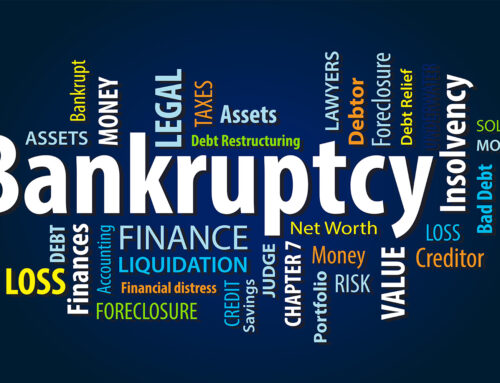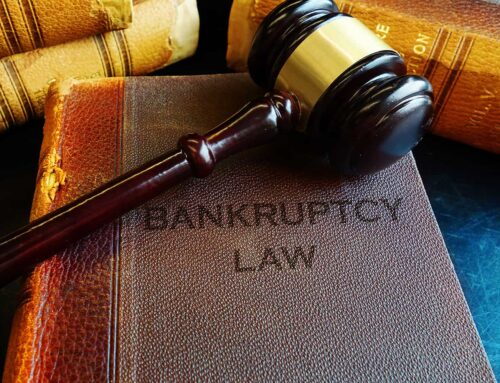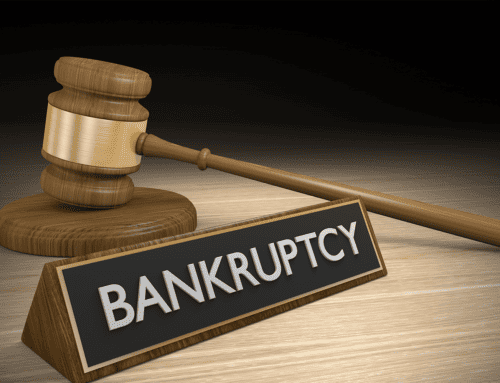You’ve filed for bankruptcy but you have questions about what happens now and what else you need to do before the bankruptcy court discharges your debts. That’s understandable. If you’re represented by a bankruptcy attorney, he or she can answer those questions, but if you’re representing yourself, who do you turn to for answers?
You may not know that you can hire an attorney at any time during your bankruptcy, but you can. However, if you’re thinking of doing so, talk to one as soon as possible so he or she not only can answer your questions, but also review the papers you’ve already filed.
These are the “steps” in a bankruptcy proceeding:
Automatic Stay
When you file for bankruptcy you are assigned a case number and an immediate stay goes into effect. That means your creditors can’t harass you once they’re aware you’ve filed. If you’re represented by a bankruptcy attorney, he or she will send letters to all your creditors and none of them will contact you. If you’re representing yourself, memorize your case number and give it to any creditor who calls or sends you a letter.
Creditors’ Meeting
If you’re represented by a bankruptcy attorney, you’ve already given him or her your tax returns and other documents. If you’re representing yourself, your bankruptcy trustee will ask you for them. The trustee will schedule a creditors’ meeting, usually within 4-5 weeks. You must attend this meeting. The trustee will ask you questions about your paperwork and you must answer truthfully. Your creditors also can attend this meeting and ask you questions, but usually they don’t attend.
Dealing With Your Debts
What happens to your debts during bankruptcy depends on which type of bankruptcy you filed. If you filed a Chapter 7, you won’t have to pay anything to anyone unless some of your debts are exempt. If you filed a Chapter 13, you’ll need to construct a repayment plan, submit it to the court, and begin making payments within 30 days thereafter.
Debtor Education Program
You’ll need to attend a debtor education program that will teach you how to manage credit, create a budget, and make future financial plans. You’ll need to file your completion certificate with the court.
Discharge
If you filed a Chapter 7, the bankruptcy court will discharge your non-exempt debts shortly after you complete the education program, sometimes in as few as 60 days. If you filed a Chapter 13, final discharge doesn’t occur until you’ve made the last payment of your repayment plan. This usually takes 3-5 years.
An experienced bankruptcy attorney like Brent George will guide you through all these steps and make it easier for you to comply. Call Brent George Law for a free consultation.






